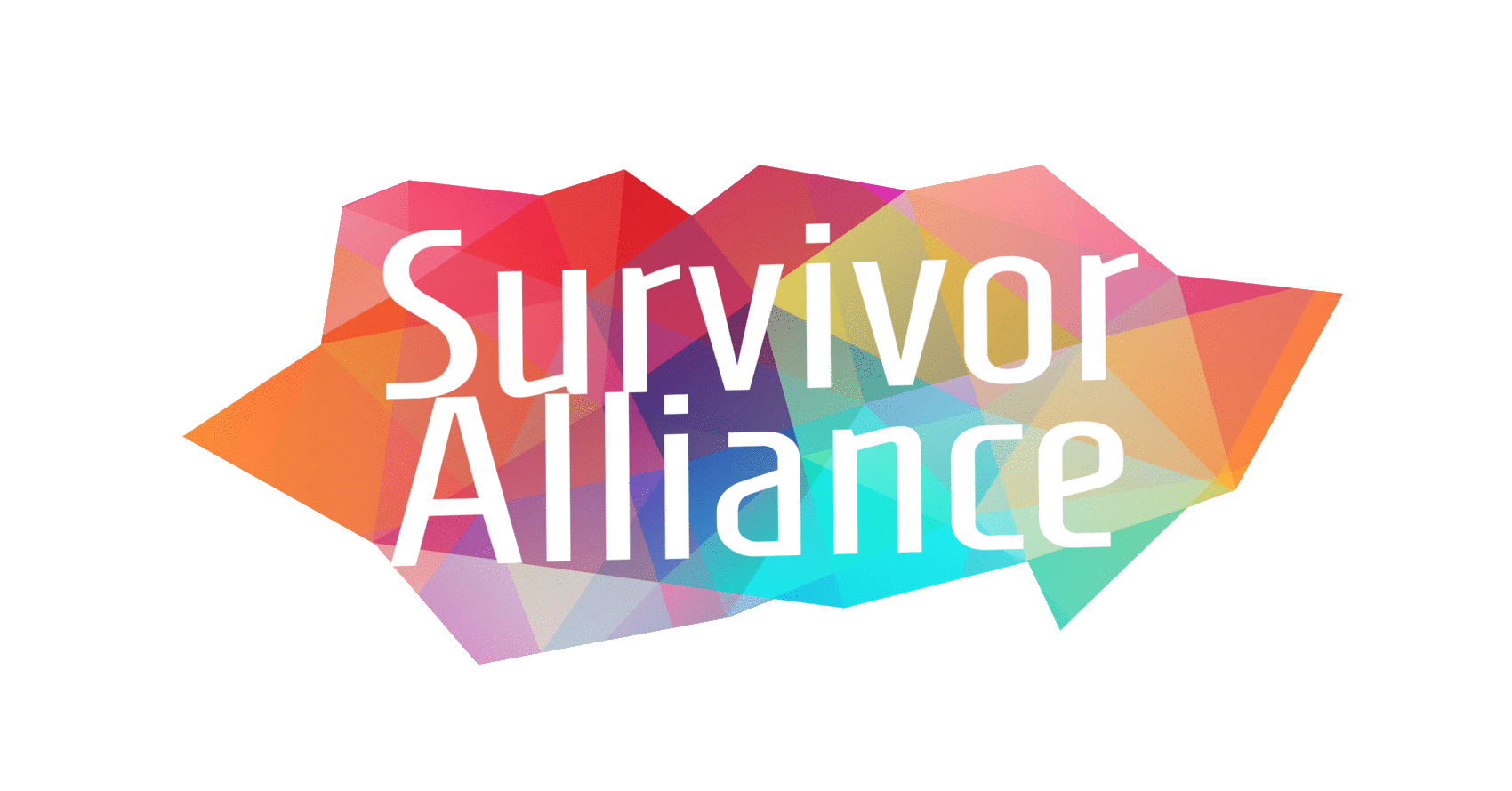Please be aware that we do not provide crisis response or management services.
If you are a survivor of human trafficking or modern slavery looking for support, please call:
Polaris (USA):1-888-373-7888 | Text BeFree (233733)
British Red Cross (UK): 0844 412 2738
Modern Slavery Helpline (UK) 08000 121 700
Search the Global Modern Slavery Directory: https://globalmodernslavery.org/
Survivor Alliance Membership
What does it mean to become a member?
TIẾNG VIỆT हिंदी में EN ESPAÑOL NË SHQIP EN FRANÇAIS KWA KISWAHILI বাংলা বাংলা 中国人 HATI YA KUANDIKISHWA KWA UANACHAMA YA SWAHILI CONGO SA
Members of Survivor Alliance are interested in building community with other survivors and collaborating to make the world a better place.
By joining, you are saying a few things:
I have experienced any form of slavery or human trafficking and I want to connect with others who have too.
I want my experiences to contribute to positive social change.
I want to learn, grow, and develop as a survivor leader. (Note: This does not mean you have to be in the public or speak to media about experiences of exploitation.)
If you become a member, you may leave at any time by letting us know that you want to leave. There are no consequences for leaving. You may leave by emailing membership[at]survivoralliance.org.
What are the benefits of joining?
Kiswahili français हिन्दी বাংলা español 简体中文 Tiếng Việt
Become a part of an international, professional, network of survivors of human trafficking and slavery.
Gain access to trainings and workshops on survivor leadership.
Gain access to a free online digital community platform to connect with other survivor leaders. You will be granted access after successfull enrollment as a member.
Contribute to local and global discussions about how to build sustainable and interconnected survivor communities.
Develop professional skills that are transferable across employment industries.
Participate actively in anti-trafficking and anti-slavery initiatives.
Membership Manifesto
हिन्दी français Kiswahili বাংলা
All members must be committed to our Membership Manifesto (below) which outlines our values and how we approach our work.
We believe that slavery and human trafficking are at the intersection of many types of oppression. This includes race, gender, level of income, caste, religion, sexuality, nationality, physical and intellectual ability, and more. We understand that the consequences of the legal capture and enslavement of African people are still felt today. We believe these consequences are important to address, including the overwhelming prejudice, violence, and structural racism against black people.
We believe that anti-slavery and anti-trafficking must be anti-oppression.
We must support #BlackLivesMatter, and movements fighting violence against women, for worker’s rights, climate justice, justice for the Windrush Generation, for the LGBTQ+ community, indigenous and immigrant rights, rights of undocumented people, disability rights, and so much more.
We believe in speaking with each other, not for each other.
We are not “voices for the voiceless”. Each of us has a voice. Some express themselves through public speaking or writing, some through community action, and others through creative outlets like art or photography. We speak from our own experiences and empower each other to be heard.
We recognize that our experiences are unique and diverse.
We recognize that the United Nations’ definition of human trafficking is broad and that each survivor’s experience is unlikely to represent all forms and dynamics of human trafficking. Therefore, we strive to unite in order to educate each other about the diversity in our experiences and to connect the most appropriate survivor(s) with each opportunity.
We believe that the power of “we” is stronger than the power of “me”.
With such a large and diverse group of survivors, we may not always agree. However, when we do agree, a collective voice will allow us to put pressure on lawmakers, stand together against injustice, pool together resources, and so much more.
We will prioritize our own health and well-being first.
We recognize the importance of leading by example. In order to be effective leaders, activists, mentors, and community members, we will prioritize our own health and well-being first.
We will promote a trauma-informed approach.
We recognize that traumatic events are common around the world. As such, we recognize that any person, not just survivors of human trafficking, may suffer long-lasting effects from trauma. Therefore, we will promote a trauma-informed approach among all encounters, including and especially in any encounter involving a survivor of human trafficking.
We will promote unity and guard against divisiveness.
With such a large and diverse group of survivors, we realize that personalities and perspectives may clash. Above all else, we will find common ground in our past victimization and our goal to prevent human trafficking, protect victims, and empower survivors. We expect everyone to promote unity and guard against divisiveness.
We commit to working through challenges and conflict in a respectful manner.
We believe that differences in perspectives are natural and beneficial. However, when challenges and conflicts arise, we will respond professionally and seek to resolve them in a civil and respectful manner. We do not promote a “call out” culture. We encourage survivors to talk to one another directly about disagreements. If a conflict cannot be resolved, we expect all parties to continue to behave in a professional and cordial manner.
We recognize that everyone has an important role in the anti-trafficking movement.
We believe that all survivors can play a role in the anti-trafficking movement – there is no requirement to be in the public eye. Each survivor is on a unique journey and must decide for themselves how, or if, they want to be involved.

